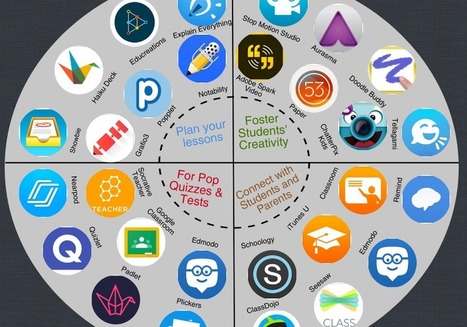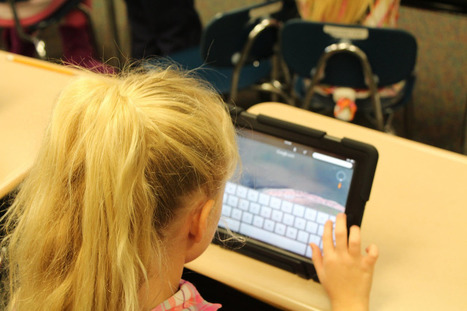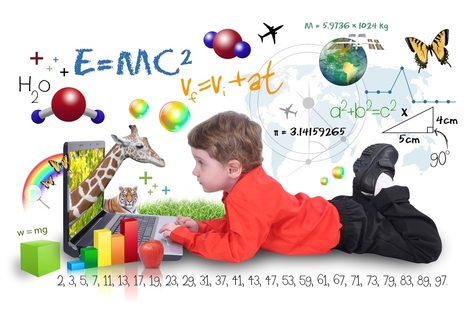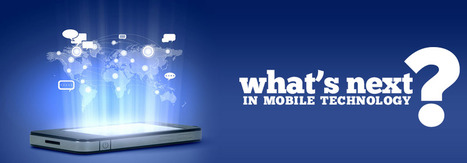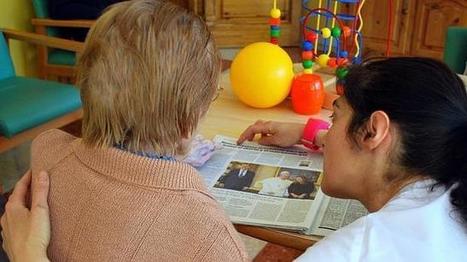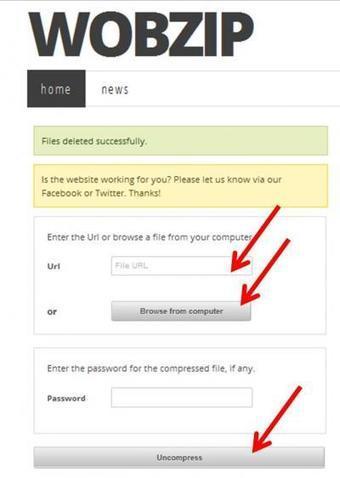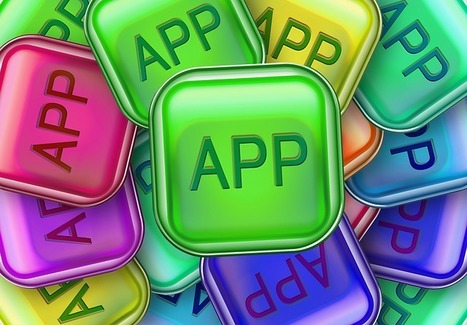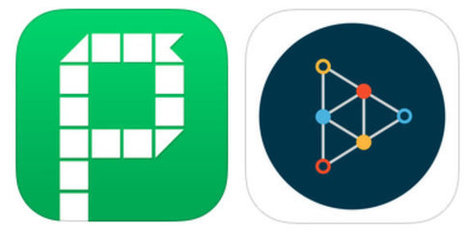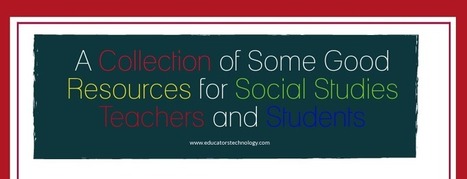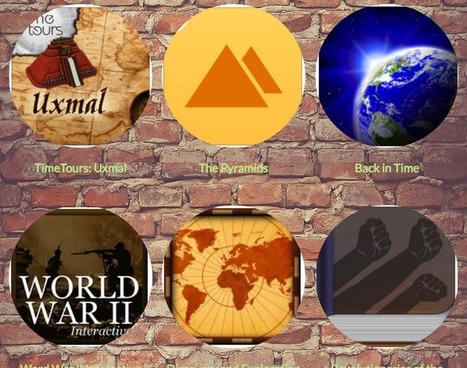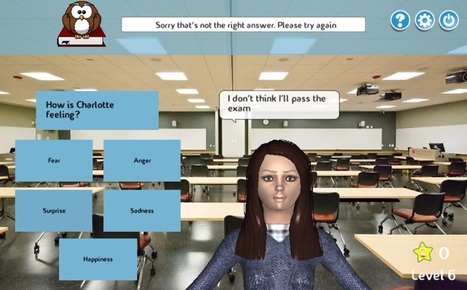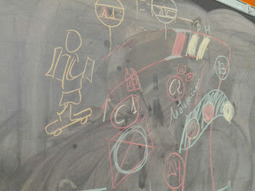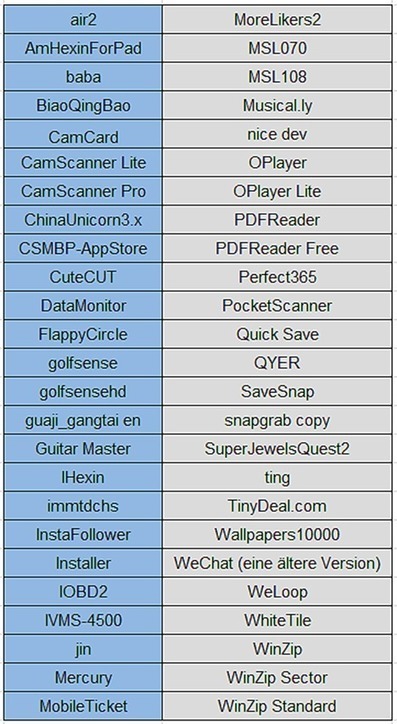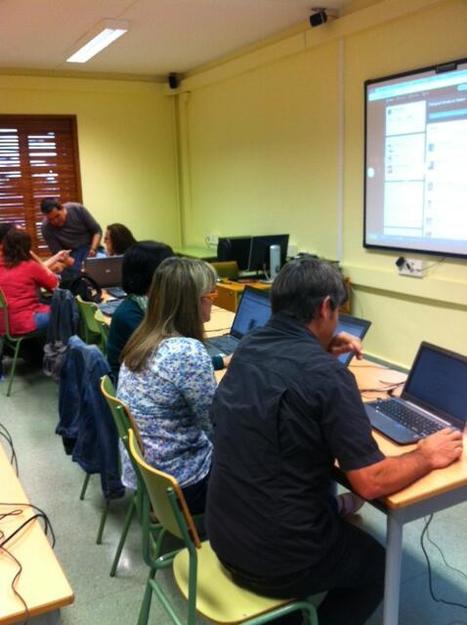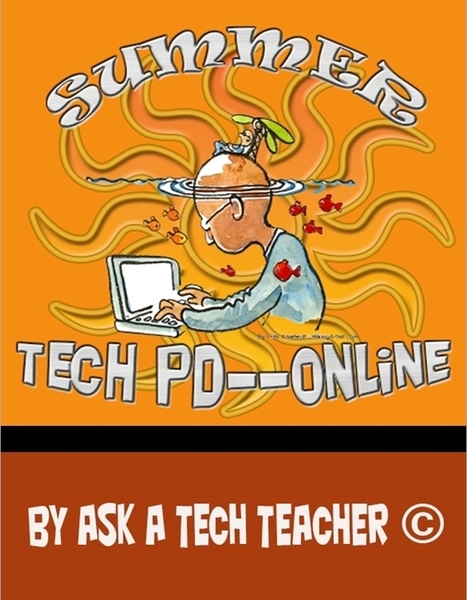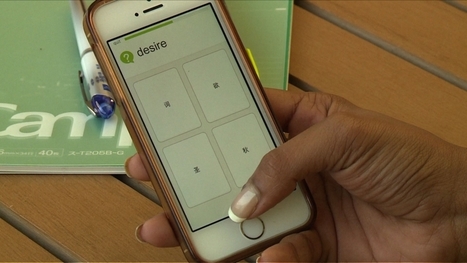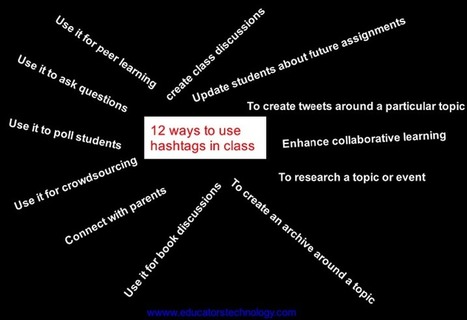We’re now coming up to 9 years since the launch of the iPhone kicked off
the smartphone revolution, and some of the first phases are over - Apple
and Google both won the platform war, mostly, Facebook made the transition,
mostly, and it’s now perfectly clear that mobile is the future of
technology and of the internet. But within that, there's a huge range of
different themes and issues, many of which are still pretty unsettled.
In this post, I outline what I think are the 16 topics to think about
within the current generation, and then link to the things I’ve written
about them. In January, I’ll dig into some of the themes for the future -
VR, AR, drones and AI, but this is where we are today.
See here to listen to the podcast we did around this.
1: Mobile is the new central ecosystem of tech
Each new generation of technology - each new ecosystem - is a step change
in scale, and that new scale makes it the centre of innovation and
investment in hardware, software and company creation. The mobile
ecosystem, now, is heading towards perhaps 10x the scale of the PC
industry, and mobile is not just a new thing or a big thing, but that new
generation, whose scale makes it the new centre of gravity of the tech
industry. Almost everything else will orbit around it.
The smartphone is the new sun
Resetting the score
2: Mobile is the internet
We should stop talking about ‘mobile’ internet and ‘desktop’ internet -
it’s like talking about ‘colour’ TV, as opposed to black and white TV. We
have a mental mode, left over from feature phones, that ‘mobile’ means
limited devices that are only used walking around. But actually,
smartphones are mostly used when you’re sitting down next to a laptop, not
‘mobile’, and their capabilities make them much more sophisticated as
internet platforms than PC. Really, it’s the PC that has the limited,
cut-down version of the internet.
Forget about the mobile internet
Mobile first
What would you miss?
3: Mobile isn’t about small screens and PCs aren’t about keyboards - mobile
means an ecosystem and that ecosystem will swallow ‘PCs’
When we say 'mobile' we don't mean mobile, just as when we said 'PCs' we
didn't mean ‘personal’. ‘Mobile’ isn't about the screen size or keyboard or
location or use. Rather, the ecosystem of ARM, iOS and Android, with 10x
the scale of ‘Wintel’, will become the new centre of gravity throughout
computing. This means that ‘mobile’ devices will take over more and more of
what we use ‘PCs’ for, gaining larger screens and keyboards, sometimes, and
more and more powerful software, all driven by the irresistible force of a
much larger ecosystem, which will suck in all of the investment and
innovation.
Mobile, ecosystems and the death of PCs
4: The future of productivity
Will you always need a mouse and keyboard and Excel or Powerpoint for ‘real
work’? Probably not - those will linger on for a long time for tens of
millions of core users, but not the other billions - computing and
productivity has changed radically before and will change again. Big
screens will last, for some, and maybe keyboards, for some, but all the
software will change. It will move to the cloud, and onto mobile devices
(with large or small screens), and be reshaped by them. The core question -
is typing, or making presentations, actually your job, or just a tool you
use to get your actual job done? What matters is the connective tissue of a
company - the verbs that move things along. Those can be done in new ways.
Office, messaging and verbs
Podcast: Slack
Tablets, PCs and Office
5: Microsoft's capitulation
Microsoft missed the shift to the new platform. Xbox is non-core, Windows
Mobile is on life support, Windows 10 is a good prop for the legacy
business that can slow but not prevent this change, and Satya Nadella has
explicitly stated that the decades-old strategy of ‘Windows Everywhere’ -
of trying to be the universal platform - is over. That doesn’t remotely
mean that Microsoft is dead, but it has to work out how to use the cash and
market position of the legacy monopolies to help it build new businesses.
That’s a big change from the past, where everything was about building
Windows and Office. But it’s not quite clear what those new businesses will
look like - Microsoft has to try to reinvent the connective tissue of the
enterprise.
Microsoft, capitulation and the end of Windows Everywhere
6: Apple & Google both won, but it’s complicated
The mobile generation is unusual in that we seem to have two winners - both
Apple and Google won, in different ways. Conventionally, the bigger
ecosystem wins and sucks all activity into its orbit, but Apple’s ecosystem
has perhaps 800m active users, far larger than in previous generations, and
has perhaps half of global mobile browsing and two thirds or more of app
store revenue (a good proxy for overall economic activity). Android has
more users but Apple has more of the ‘best’ users (from a developers’
perspective).
Indeed, one can also ask whether Google rather than Apple has a problem -
Google’s existential need is reach, and both iOS and Android give it reach,
but the reach it has on iOS is limited by what Apple will allow. And less
than a quarter of iPhone users have bothered to install Google Maps.
Conversely, Apple’s weakness in cloud services and AI may end up becoming
an equivalent strategic problem over time.
Ecosystem Maths
How many ecosystems?
What does Google need in mobile?
7: Search and discovery
The internet makes it possible to get anything you've ever heard of but
also makes it impossible to have heard of everything. It allows anyone to
be heard, but how do people hear of you? We started with browsing, and that
didn’t scale to the internet, and then we moved to search, but search can
only give you what you already knew you wanted. In the past, print and
retail showed us what there was but also gave us a filter - now both the
filter and the demand generation are gone. So, who has the traffic, and
where do they send it? How do AI, or discovery, or the platforms themselves
fit into this? How much curation, and where? How do you get users?
Search, discovery and marketing
Google Now, Maps and Apple Music
Platforms, distribution and audience
Bay Area problems
Mobile is not a neutral platform
8: Apps and the web
There's an involved, technical and (for people like me) fascinating
conversation in tech about smartphone apps and the web - what can each do,
how discovery works, how they interplay, what Google plans with Chrome,
whether the web will take over as the dominant form and so on. But for an
actual brand, developer or publisher wondering if they should do an app or
a website, the calculation is much simpler and less technical: ‘Do people
want to put your icon on their home screen?’
Apps versus the web
9: Post Netscape, post PageRank, looking for the next run-time
For 15 years the internet was a monolith: web browser + mouse + keyboard.
There were other options, but for most normal consumers the web and the
internet were practically the same thing. The smartphone broke that apart,
but we haven’t settled on a new model. Competition between Apple and
Google, with Facebook trying to butt in, plus all the unrealised
possibilities of a new medium, means the interaction models of mobile keep
changing. Really, we’re looking for a new run-time - a new way, after the
web and native apps, to build services. That might be Siri or Now or
messaging or maps or notifications or something else again. But the
underlying aim is to construct a new search and discovery model - a new
way, different to the web or app stores, to get users.
Apps versus the web
App unbundling, search and discovery
Mobile is not a neutral platform
10: Messaging as a platform, and a way to get customers.
A big part of this hunt for a new runtime, and a new discovery layer, is
messaging. Facebook almost built this on the desktop and WeChat has managed
to build it on mobile in China. By turning messaging into a development
environment, you create an alternative to the web or the app store, but
without the binary installation problem of apps (‘is it installed or not?’)
and with your own new discovery and user acquisition platform. An important
strand of this is unbundling services - you unbundle content from apps into
messaging (or notifications) and you also unbundle messages from websites
(via email or apps) into your messaging platform, turning it into the new
connective tissue of your phone. At least, that’s the idea.
Facebook and a few others want to do this outside China, but haven’t
managed yet (and building layers onto the OS is tough for anyone other than
the OS owner), and Apple and Google are also pondering how to take this
forward.
Messaging and mobile platforms
Podcast: messaging and mobile platforms
WhatsApp sails past SMS, but where does messaging go next?
See also this primer on WeChat from my colleague Connie Chan
11: The unclear future of Android and the OEM world
Android won the handset market outside of Apple, but it’s not quite clear
what that means. Attempts to make a straight ‘fork’ of Android (e.g. Kindle
Fire) fail on lack of access to Google’s services, but that doesn’t mean
no-one can create a mostly non-Google experience - this is what Xiaomi and
its imitators are doing and why Cyanogen is enabling as well. And this
matters, because the OS, more and more, is a route to discovery of services
- if you control the OS you can shape what people do, far more than you
could on the desktop web..
Amazon and Android forks
Why do we care about Xiaomi?
Android taxonomies
12: Internet of Things
Our grandparents could have told you how many electric motors they owned -
there was one in the car, one in the fridge and so on, and they owned maybe
a dozen. In the same way, we know roughly how many devices we own with a
network connection, and, again, our children won’t. Many of those uses
cases will seem silly to us, just as our grandparents would laugh at the
idea of a button to lower a car window, but the sheer range and cheapness
of sensors and components, mostly coming out of the smartphone supply
chain, will make them ubiquitous and invisible - we’ll forget about them
just as we’ve forgotten about electric motors.
This means, I think, that talk of standards for IoT misses the point -
‘connected to a network’ is no more a category’ than ‘contains a motor’,
and there will be many different platforms and standards. More important is
the fact that, especially in the enterprise, this explosion in sensors
means an explosion in data - we’ll know far more about far more, and that
allows fundamental system redesign.
The internet of things
The home and the mobile supply chain
The industrial internet
13: Cars
The move to electric and the move (if and when) to autonomous, self-driving
cars fundamentally change what a car is, but also what the whole automotive
system might look like. Electricity changes the mechanical complexity of
cars and hence changes who might build them and what they might look like.
Autonomy and on-demand services change who buys them, meaning the buying
criteria will be different. But they could also change the urban landscape
just as much as cars themselves did - what do mass-market retail or
restaurants look like if no-one needs to park?
Ways to think about cars
Podcast: ways to think about cars
14: TV and the living room
The tech industry spent a quarter-century trying to get to the TV set to
take it online - that was going to be the mass-market computer. Now it
looks like this might finally be happening, but it’s almost a side-show -
Microsoft declares Xbox is no longer a strategic asset, TVs are accessories
to the smartphone, and it’s the smartphone, not the TV or PC, that
delivered the computing revolution and took computing into the living
room.
TV, mobile and the living room
Notes on TV
15: Watches
Watches are maybe the most puzzling satellite in the smartphone solar
system. In theory they should be everything - the aim of every scifi
fantasy - yet today it’s easy to dismiss them as pointless toys. To me,
they’re an accessory - a useful and pleasing adjunct to your smartphone,
but they’re still very early.
How is the Apple Watch doing?
Why is Apple making a gold watch?
Ways to think about watches
16: Finally, we are not our users
The future is unevenly distributed, but so is understanding and interest in
it. In the tech industry we’re comfortable living with the latest things
and presume that everyone else does. But really, these services are
accessories and enablers of people’s lives, and they look at them
differently for what they can do for them. So most iPhone users don’t use
Google Maps, most people don’t use a calendar at all, and audio cassettes
are making a comeback, as normal people take ownership of the tech in their
lives and shape it to their needs.
Via
Eric_Determined / Eric Silverstein



 Your new post is loading...
Your new post is loading...



